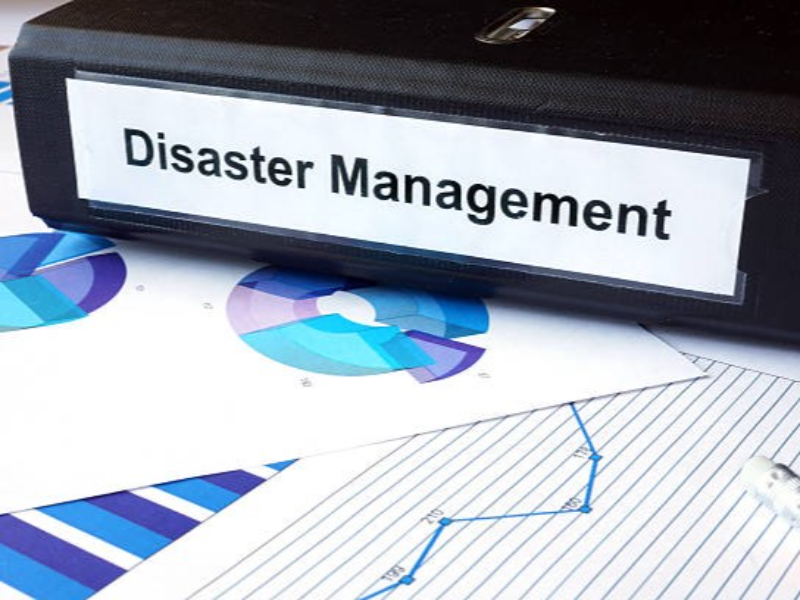- A disaster recovery plan is essential to protect business continuity and minimise operational downtime during disruptions.
- Developing a disaster recovery plan involves understanding potential risks, prioritising critical assets, and regularly updating strategies.
In an era where businesses heavily rely on technology, the threat of disruptions from natural disasters, cyber-attacks, or system failures is ever-present. To mitigate these risks, organisations need a robust disaster recovery plan. This article explores the significance of having such a plan, delves into the reasons behind its importance, and provides a brief guide on creating an effective disaster recovery strategy.
What is disaster recovery?
Disaster recovery refers to a set of policies and procedures designed to enable the recovery or continuation of vital technology infrastructure and systems following a natural or human-induced disaster. The primary goal of disaster recovery is to ensure that an organisation can quickly return to normal operations, minimising the impact on business functions and reducing downtime and data loss.
Also read: Microsoft launches fix for CrowdStrike-affected Windows PCs
Also read: Tesla halts production amid IT outage caused by CrowdStrike
Why a disaster recovery plan is important
1. Ensuring business continuity: The primary reason for having a disaster recovery plan is to ensure business continuity. In the face of a disaster, whether it’s a cyber-attack or a natural calamity, a well-prepared plan helps maintain critical operations. This continuity is crucial for retaining customer trust and ensuring that the business does not suffer irreparable financial losses. Without a disaster recovery plan, even minor disruptions can lead to significant downtime, which can be costly and damaging to a business’s reputation.
2. Protecting data integrity and security: Data is one of the most valuable assets for any business. A disaster recovery plan ensures that data is regularly backed up and can be quickly restored in the event of a disruption. This not only helps in maintaining operational integrity but also protects sensitive information from being lost or compromised. In industries where data protection is regulated, such as healthcare or finance, having a disaster recovery plan is not just important but a legal requirement.
3. Minimising financial losses: The financial impact of downtime can be devastating. Every minute of operational halt translates to lost revenue and increased costs. A disaster recovery plan helps to quickly restore normal operations, thus minimising the financial losses associated with downtime. Moreover, it provides a framework for managing resources efficiently during a crisis, helping to control and reduce costs related to disaster management and recovery.
4. Compliance and regulatory requirements: Many industries have stringent regulations regarding data protection and disaster recovery. Having a comprehensive disaster recovery plan ensures that businesses comply with these legal requirements, thereby avoiding potential fines and legal issues. Compliance with regulations also enhances the trust of clients and partners, demonstrating the business’s commitment to safeguarding their interests.

